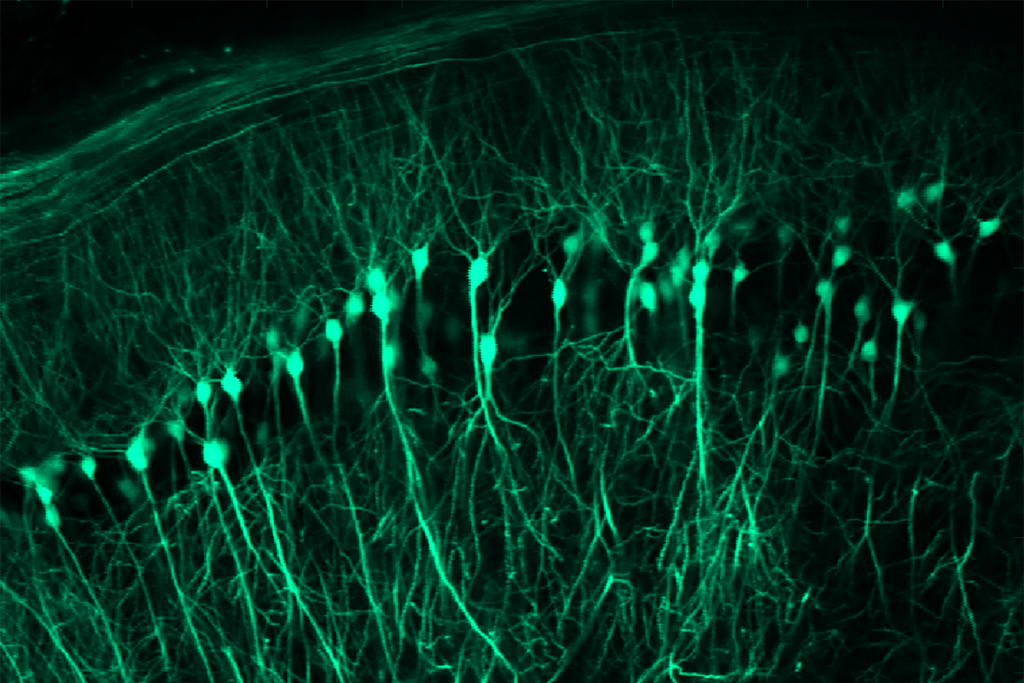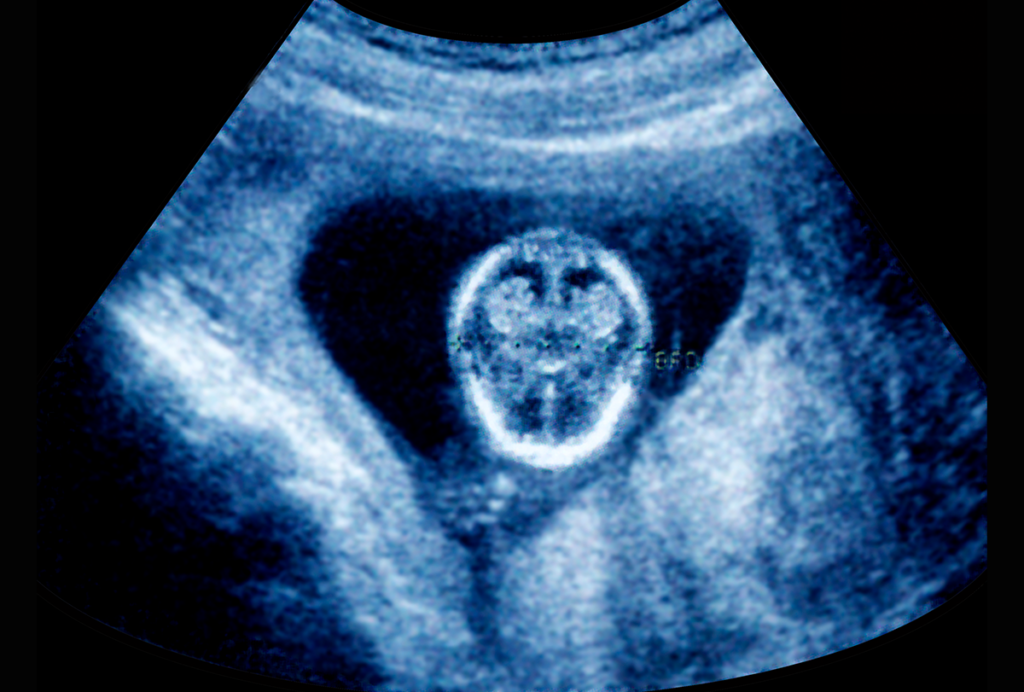Rats, like people, jump at the chance to repeat a task that rewards them handsomely, but they are less eager when the reward is paltry: They learn from past experience and update their behavior accordingly.
That learning is shaped by the hormone estradiol, according to a new study. And when estradiol levels peak during the estrus cycle, female rats adapt their behavior in response to reward size more quickly than they do during other phases—and faster than males overall. The female rats also have a larger release of dopamine in response to an unexpected reward, along with reduced expression of dopamine transporters in a reward center of their brain after the hormone peaks, the new work shows.
“It’s giving mechanistic insight into how estrogen modulates reinforcement learning—all the way down to the molecular mechanism,” says Ilana Witten, professor of neuroscience at Princeton University and Howard Hughes Medical Institute investigator, who was not involved in the study.
T
he team behind the new work used a task that measures how much an animal values an anticipated reward: Thirsty rats poke their nose into a central port and then listen for a tone that indicates how much water one of two side ports will dispense. The animals choose to either hold out at the cued location for the reward or to abandon the trial and start a new one by poking their nose into the other side.Rats learn to initiate their next trial more quickly when the experiment is doling out large rewards and to hold off on initiating new trials when rewards are small, previous work from the group has shown. “It takes a lot of energy to initiate a trial, so if there are small rewards, it’s not as motivating,” says study investigator Carla Golden, a postdoctoral researcher in Christine Constantinople’s lab at New York University.
Estradiol levels don’t affect how long a female rat is willing to wait at a port—or “pay”—for a reward, the team found. But they do shape the animals’ trial initiation times: Rats in the proestrus and estrus phases of their cycle learn to adapt their behavior to the reward size more quickly than do either males or females in other stages of their cycle. And the level of estradiol fluctuation in an individual rat explained the degree to which the animal’s performance changed, the team found when they measured serum levels of estradiol from rats during the task.
The difference between expected and received reward, or “reward prediction error,” is thought to shape learning through dopamine release in the brain’s reward centers: Cues for larger-than-expected rewards increase dopamine release, whereas cues for smaller-than-expected rewards decrease dopamine release. High estradiol levels enhance these reward-induced increases and decreases, the team found using an optical dopamine sensor.
The effect is “quite remarkable,” says Jeremiah Cohen, principal scientist at the Allen Institute for Neural Dynamics, who was not involved in the study.
The larger the dopamine response, the faster a rat initiates the next trial, the data revealed. Artificially inducing a larger dopamine response by optogenetically activating dopamine terminals in the rats’ nucleus accumbens also shortened the amount of time between trials. The study was published in Nature Neuroscience earlier this month.
D
uring proestrus and estrus, female rats have fewer dopamine and serotonin transporters, both of which can take up dopamine, the team found using proteomics.“The dopamine transporters’ job is to make sure there’s less dopamine available to the downstream cells,” Cohen says. As a result, with high levels of estradiol, “you are increasing the amount of dopamine that is available in the striatum for the cells that express dopamine receptors in that target.” The field is still working to understand exactly how dopamine release in the striatum facilitates learning, he says. “That’s still very mysterious.” But the new work suggests that more dopamine results in faster learning, he adds.
Dysfunction of the dopamine and serotonin transporters is implicated in multiple neuropsychiatric conditions, Constantinople says. And fluctuations in estrogen levels during perimenopause, for example, can exacerbate the symptoms of these conditions, she says. “It suggests that, potentially, changes in expression of these proteins might be somehow involved in the etiology of some of these disorders.”
The findings are an important contribution to the field’s understanding of a complex cognitive behavior that is affected by female sex hormones, says Susana Lima, principal investigator at the Champalimaud Centre for the Unknown, who was not involved in the study.
“As women, we all talk about the effects of premenstrual syndrome. We talk about the effects of the depletion of the hormones at menopause. We have all these different stages of our life where we know that our cognition is affected, and we don’t really understand how it’s done,” Lima says.
The work offers a useful way to look at how such effects across the body shape brain activity, Cohen says. “It’s an inspiring example of how to link slow dynamics outside of the brain with the fast dynamics for a particular behavioral problem in the brain.”
Golden, who says she hopes to set up her own lab soon, plans to continue to study the effects of sex hormones on other behaviors, including how impulsivity may change throughout the menstrual cycle. “Different studies show different things, so it really needs to be teased apart.”





